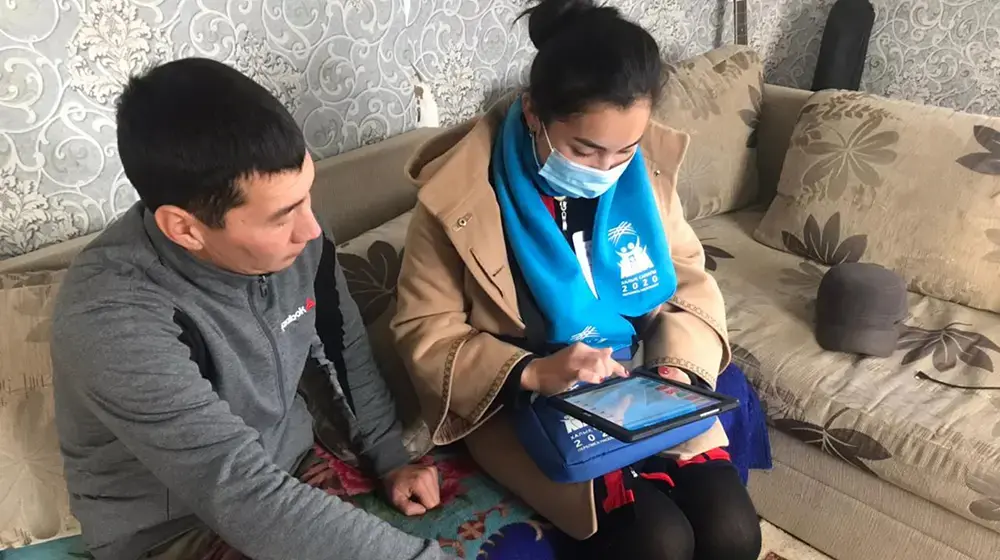ISTANBUL, 10 July 2020 – Ahead of tomorrow’s World Population Day, the United Nations Population Fund (UNFPA) is launching a new programme to strengthen the capacity of countries in Europe and Central Asia to respond to the profound demographic shifts the region is experiencing.
“Many countries in the region are grappling with how to respond to demographic trends like low fertility, population ageing and outmigration and their effects on the economy, social systems and services,” said Alanna Armitage, Director of UNFPA’s Regional Office for Eastern Europe and Central Asia.
“With this new programme we’re offering a wide range of tools that help address population dynamics in a holistic manner, enabling countries to mitigate negative effects and fully harness the opportunities that come with demographic change.”
Low fertility and population ageing have been a reality across Europe. In Western Europe, populations generally remain stable or continue to grow, largely due to immigration. In many countries in Central and Eastern Europe, lack of immigration and high levels of outmigration have led to decreasing populations. The populations of 17 countries are smaller today than they were in 1990, in some cases by a stunning 20 to 30 per cent.
Many countries are concerned about the effects these demographic shifts have on their economies, social systems and ability to provide services. Responses so far have often narrowly focused on increasing birth rates by providing – mostly financial – incentives. These efforts have been costly and their impact has been limited.
“Ensuring that societies can thrive amid rapid demographic change means moving beyond narrow quick-fix approaches focused on population numbers towards comprehensive population and social policies aimed at ensuring rights and choices and, ultimately, well-being and prosperity for all,” said Armitage.
The new programme assists countries in Europe and Central Asia in three areas: developing demographic intelligence, convening expertise, and formulating policies.
It is embedded within UNFPA’s broader work in support of implementing the ICPD Programme of Action and the Sustainable Development Goals. From ensuring access to sexual and reproductive health to promoting gender equality and social inclusion of marginalized groups, from developing gender-responsive family policies to enabling young people to succeed in life — UNFPA programmes in these and related areas all serve to assist countries in the region in unleashing the potential of all people, building human capital and shaping a prosperous and demographically resilient future.
As the United Nations’ lead agency on population issues, UNFPA has over 50 years of experience in assisting countries with managing demographic change and tapping into the expertise of a wide network of the world’s leading experts in the field, as well as sister UN agencies, international financial institutions, academia, civil society and the private sector.
Click here for more information on the programme.





